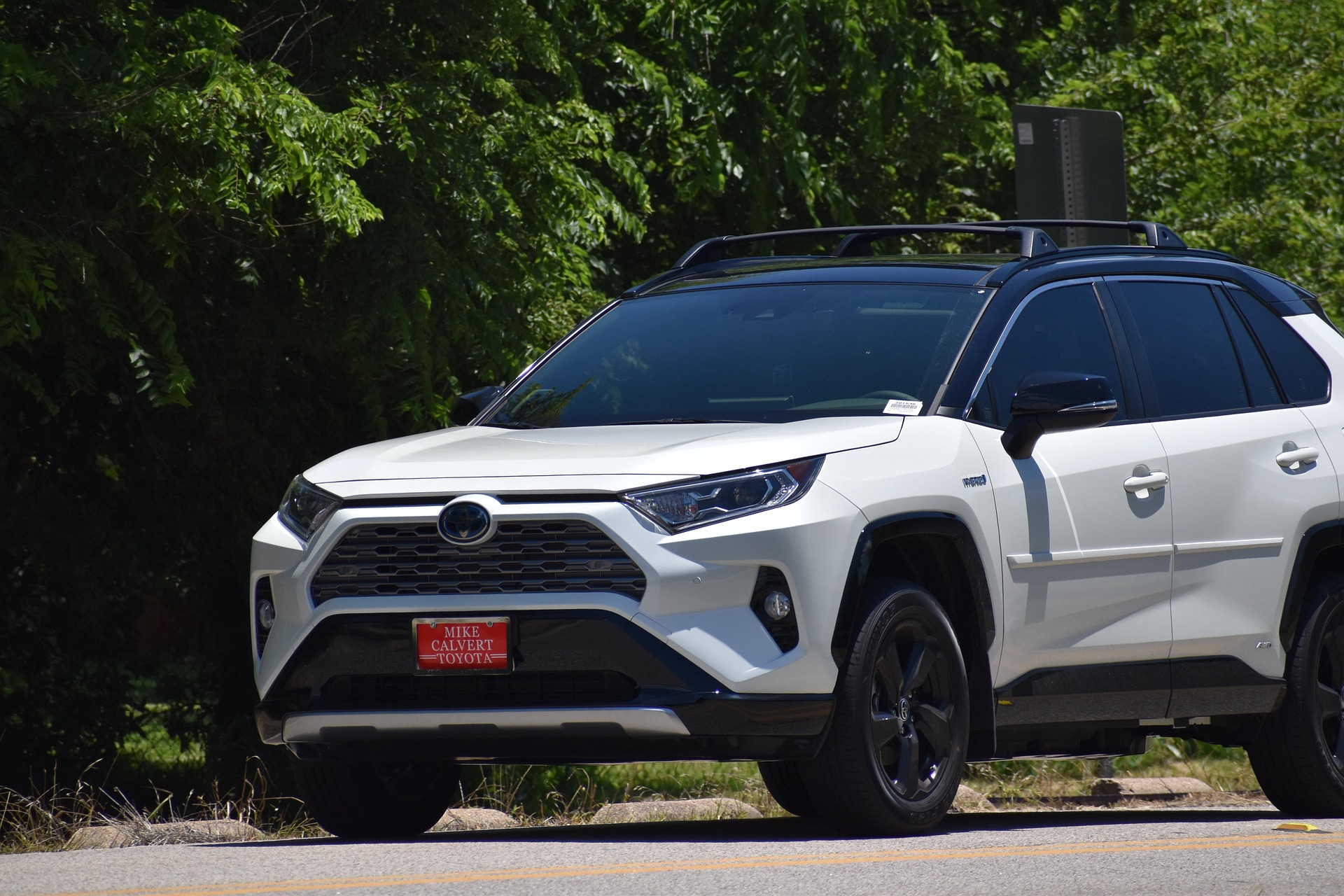Reliable Heating Solutions: A Guide to Garage Unit Heaters
Ensure a comfortable workspace all year round with an efficient garage heater. Designed for durability and performance, these heaters provide consistent warmth, making any garage, workshop, or storage space more functional in cold weather. Learn more on Garage Unit Heaters.
What is a Garage Unit Heater?
A garage unit heater is a specialized heating appliance designed to warm large, often poorly insulated spaces like garages, workshops, and warehouses. These heaters are typically mounted on the ceiling or wall and use either natural gas, propane, or electricity as their power source. They’re engineered to provide quick, efficient heating in areas where traditional HVAC systems might be impractical or ineffective.
Why Choose a Garage Heater?
Garage heaters offer several advantages over other heating options. They’re powerful enough to heat large spaces quickly, making them ideal for garages where you might need warmth on short notice. Unlike space heaters, they don’t take up valuable floor space and can be safely installed out of the way. Additionally, many models are designed for energy efficiency, helping to keep heating costs manageable even in colder climates.
What Types of Garage Heaters Are Available?
Garage heaters come in various types, each with its own set of benefits. Gas-powered heaters, like many Reznor models, are known for their high heat output and efficiency, making them suitable for larger garages. Electric heaters, while sometimes less powerful, offer easy installation and don’t require venting. Infrared heaters, a subset of electric models, heat objects directly rather than the air, providing instant warmth and energy efficiency.
How Does the Modine Hot Dawg Heater Compare?
The Modine Hot Dawg heater has gained popularity among garage owners for several reasons. It’s compact, efficient, and designed specifically for smaller to medium-sized spaces. This unit is available in both natural gas and propane versions, offering flexibility for different garage setups. The Hot Dawg is known for its quiet operation and even heat distribution, making it a comfortable choice for those who spend extended time in their garages.
What Should You Consider When Choosing a Garage Heater?
When selecting a garage heater, several factors come into play. First, consider the size of your space – a heater that’s too small won’t adequately warm your garage, while an oversized unit can be wasteful. The availability of fuel sources is another crucial factor; if you don’t have a natural gas line, you might opt for a propane or electric model. Installation requirements, energy efficiency ratings, and safety features should also be on your checklist.
Garage heaters come with various safety features to prevent accidents. Look for models with tip-over protection, overheating safeguards, and cool-touch exteriors. For gas heaters, proper ventilation is crucial to prevent carbon monoxide buildup. It’s also wise to choose a heater with a thermostat for better temperature control and energy savings. Always follow manufacturer guidelines and local building codes when installing a garage heater.
How Do Popular Garage Heaters Compare in Features and Cost?
When comparing garage heaters, it’s essential to look at both features and cost to determine the best value for your needs. Here’s a comparison of some popular models:
| Product/Service | Provider | Key Features | Cost Estimation |
|---|---|---|---|
| Hot Dawg HD45 | Modine | Compact design, 45,000 BTU, Low-profile | $800 - $1,000 |
| UDAP-45 | Reznor | 45,000 BTU, Powered exhaust, Separated combustion | $900 - $1,200 |
| G73 | Mr. Heater | 75,000 BTU, Big Maxx series, Natural gas/propane | $600 - $800 |
| Electric Garage Heater | NewAir | 5,600 Watts, Adjustable thermostat, No venting required | $200 - $300 |
Prices, rates, or cost estimates mentioned in this article are based on the latest available information but may change over time. Independent research is advised before making financial decisions.
When choosing a garage heater, consider not only the upfront cost but also long-term operating expenses. Gas heaters often have higher initial costs but can be more economical to run, especially in colder climates. Electric heaters are typically less expensive to purchase but may lead to higher utility bills. The right choice depends on your specific needs, garage size, and local energy prices.
In conclusion, selecting the right garage unit heater can significantly improve the comfort and usability of your garage space. Whether you opt for a powerful gas model like the Reznor, a compact solution like the Modine Hot Dawg, or an electric alternative, ensure it matches your garage’s size and your heating needs. By considering factors such as efficiency, safety features, and long-term costs, you can make an informed decision that keeps your garage warm and welcoming throughout the cold months.
The shared information of this article is up-to-date as of the publishing date. For more up-to-date information, please conduct your own research.





